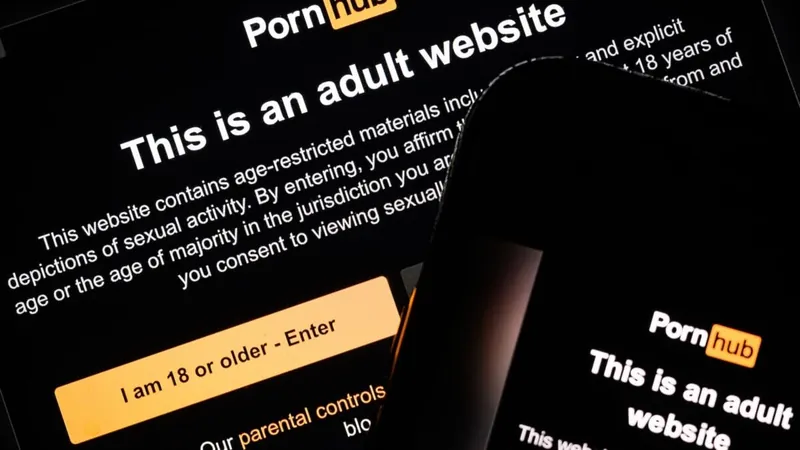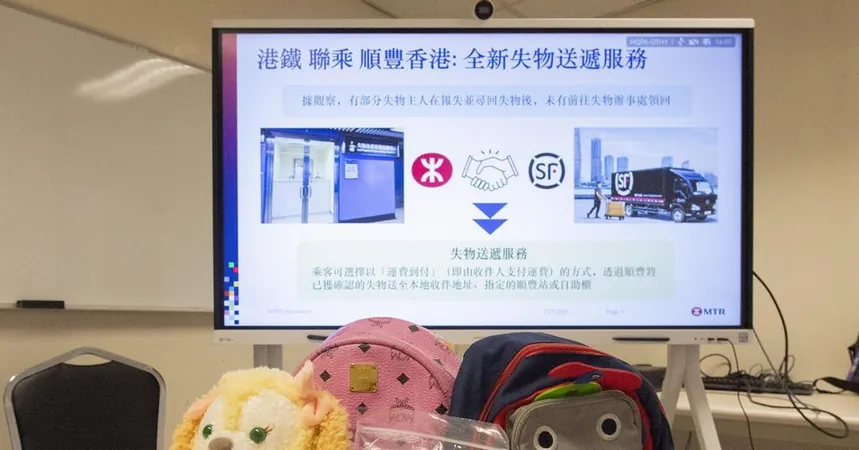
Microsoft CEO's Bizarre Advice Post-Layoffs: Talk to Chatbots?
2025-07-06
Author: Jia
In a shocking move, Microsoft recently laid off around 9,000 employees amidst a sweeping $80 billion investment in artificial intelligence. But rather than offering typical sympathy or support, one corporate executive suggested victims of these layoffs should turn to AI chatbots for comfort.
Matt Turnbull, an executive producer at Microsoft-owned Xbox, found himself in hot water after a LinkedIn post, now deleted, encouraged laid-off workers to share their feelings with tools like ChatGPT. He claimed that while AI can’t replace personal experiences, it can help alleviate the burden during these challenging times. "You're not alone…these tools can help you get unstuck faster and clearer," he asserted.
However, the advice fell flat and was met with widespread criticism across social media platforms. Many users were quick to point out the tone-deafness of suggesting AI as a substitute for human connection and understanding. Comments ranged from sarcastic jokes about the current entertainment scene to outrage over the inappropriate recommendation to rely on chatbots for emotional support.
One user on Reddit blasted Turnbull’s suggestion as “insane,” pointing out the ridiculousness of seeking therapy from a computer program after losing one’s job. Gamers, in particular, expressed their dismay, labeling his remarks as one of the most insensitive approaches to employee layoffs they had ever encountered.
Despite the fallout, Turnbull did attempt to provide practical prompts for using AI, such as assisting in resume building and tackling feelings of imposter syndrome. But rather than finding solace in tech, many felt betrayed by an executive of the very company that just let them go.
What’s clear is that the backlash led to the quick removal of Turnbull's post, suggesting even he understood the misstep. As tech executives contend with public relations crises in the wake of mass layoffs, the call for more empathetic and human-centered responses remains stronger than ever.





 Brasil (PT)
Brasil (PT)
 Canada (EN)
Canada (EN)
 Chile (ES)
Chile (ES)
 Česko (CS)
Česko (CS)
 대한민국 (KO)
대한민국 (KO)
 España (ES)
España (ES)
 France (FR)
France (FR)
 Hong Kong (EN)
Hong Kong (EN)
 Italia (IT)
Italia (IT)
 日本 (JA)
日本 (JA)
 Magyarország (HU)
Magyarország (HU)
 Norge (NO)
Norge (NO)
 Polska (PL)
Polska (PL)
 Schweiz (DE)
Schweiz (DE)
 Singapore (EN)
Singapore (EN)
 Sverige (SV)
Sverige (SV)
 Suomi (FI)
Suomi (FI)
 Türkiye (TR)
Türkiye (TR)
 الإمارات العربية المتحدة (AR)
الإمارات العربية المتحدة (AR)